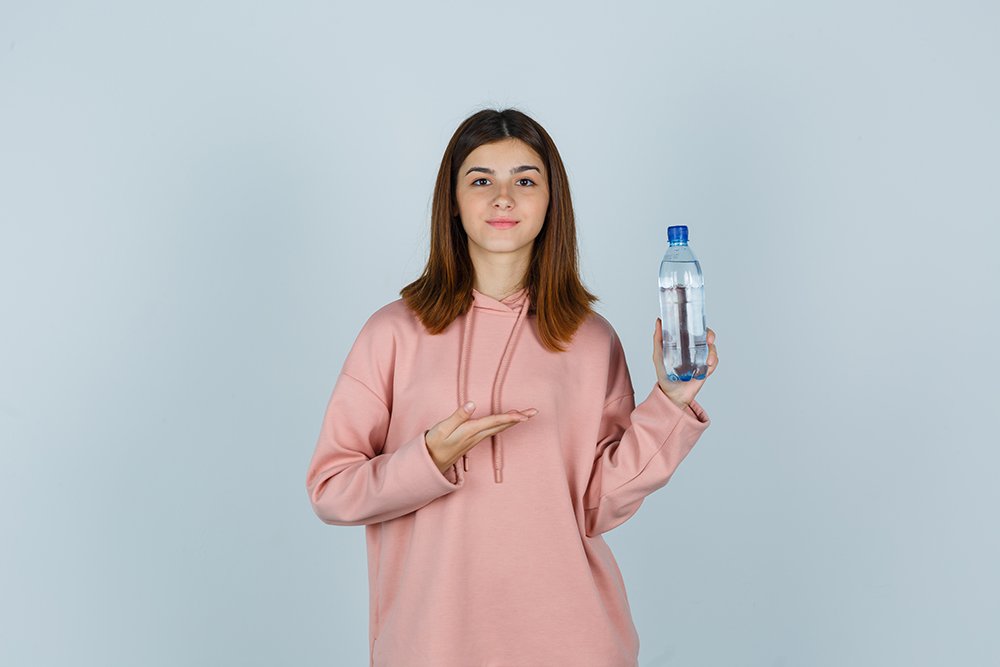
- August 16, 2024
- drsfurtimann
- 0
There’s no one-size-fits-all answer, as fluid needs vary among individuals.
While the daily six to eight cup rule is for generally healthy people, that amount differs based on how much water they take in from other beverages and food sources.
Water intake is an individualised number, certain health conditions, medications, activity level, and ambient temperature influence total daily water intake.
Benefits of drinking water
Water keeps every system in the body functioning properly. Some important functions of water are as follows:
- carrying nutrients and oxygen to your cells
- flushing bacteria from your bladder
- aiding digestion
- preventing constipation
- normalizing blood pressure
- cushioning joints
- protecting organs and tissues
- regulating body temperature
- maintaining electrolyte (sodium) balance.
How much daily total water do you need?
Healthy individuals need only four to six cups of plain water, depending on other fluid sources such as coffee, tea, juice, fruits, and vegetables.
Other factors that might mean more plain water include:
- Activity level: Individuals participating in long stretches of physical activity, such as marathons, often need to replace both water and sodium losses.
- Outside temperatures: In warmer temperatures, you might feel thirstier faster.
- Overall health and medications: It’s possible to take in too much water if you have certain health conditions, such as thyroid disease or kidney, liver, or heart problems; or if you’re taking medications that make you retain water, such as nonsteroidal anti-inflammatory drugs (NSAIDs), opiate pain medications, and some antidepressants.
- Age: Older people don’t sense thirst as much as they did when they were younger. And that could be a problem if they’re on a medication that may cause fluid loss, such as a diuretic.
How to calculate how much water to drink a day
As there’s no one-size-fits-all answer and water intake is individualized, you should check with your doctor about the right amount for you.
Warning signs of dehydration include urine that’s dark yellow in color, weakness, low blood pressure, dizziness, or confusion.
Fluids to keep you hydrated
Water is not your only choice when it comes to hydration. All beverages containing water contribute toward your daily needs. And some people even tout the benefits of milk for hydration.
And it’s a myth that caffeinated beverages or those containing alcohol are dehydrating because they make you urinate. They do especially if taken in excessive quantities, but in general and over the course of the day, the water from these beverages still leads to a net positive contribution to total fluid consumption.
Of course, there are many reasons why water is still the better choice. Remember, sugary drinks can lead to weight gain and inflammation, which can increase your risk for developing diseases such as diabetes. Too much caffeine can give you the jitters or keep you from sleeping. And alcohol intake should be avoided.
Tips for avoiding dehydration
To ward off dehydration, drink fluids gradually, throughout the day. An easy way to do this is to have a drink atleast an hour before meals and one drink between the three major meals.
And know that you also get fluids from water-rich foods, such as salads, fruit, and applesauce.
